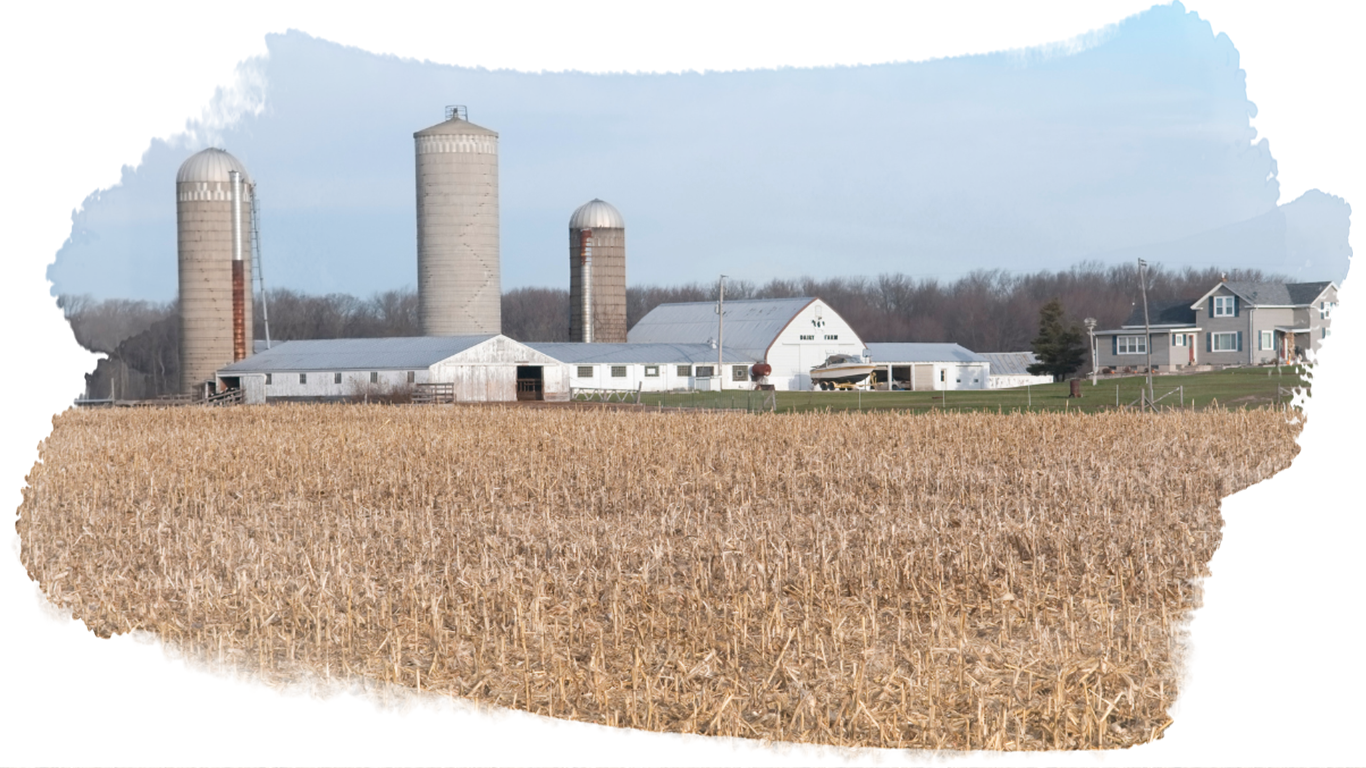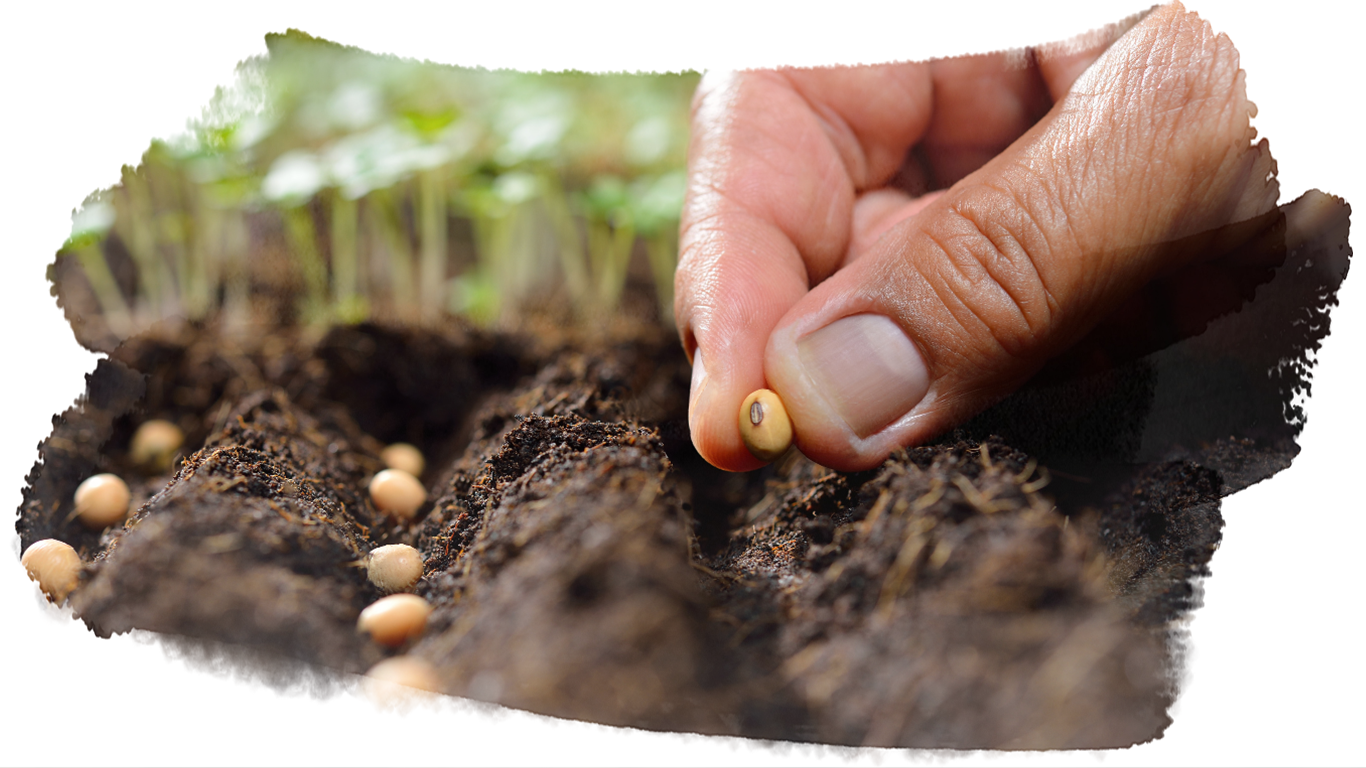What are the risks to human health from pandemics and zoonotic diseases?
The global COVID-19 pandemic caused by the SARS-CoV-2 virus has shown us the huge potential of zoonotic diseases to impact human health and our very ways of life. A zoonosis is an infectious disease that is transmitted between species from animals to humans (or from humans to animals).
The risk of emerging zoonotic diseases and the potential for further pandemic outbreaks is growing. About 75% of all emerging infectious diseases are zoonotic by nature, such as the novel coronavirus that was responsible for COVID-19, SARS, MERS, Ebola and various forms of influenza.


What is the link between emerging infectious diseases and food production?
Factors responsible for the transmission of pathogens from animals to humans include changing climate and weather conditions, international travel and commerce and, above all, changes in land use and the agricultural industry.
Land use change is such an important factor as it destroys intact ecosystems and is thus forcing zoonotic pathogens to move out of their former ecological niches to find new potential hosts, which could be other animals or humans.
Our food system is a large contributor to land use change. 50% of the world’s habitable land is used for agriculture. Nearly 80% of this agricultural land is farmed for livestock, while animal products only provide around 18% of the global calorie supply and 37% of the global protein supply.

How can we reduce the risk of emerging pandemics in food production?
Not only is there a mismatch between the percentage of land used for farming, and the amount of food that is produced to feed the world’s population, the conditions in industrial animal agriculture are fuelling the emergence of new pathogens. Raising thousands of genetically similar animals in confined spaces creates the perfect breeding ground for pathogens to mutate and to be transmitted between wild animals, livestock and humans.
In addition to the growing threat of zoonotic mutations, antimicrobials are widely (over)used in animal production. Antimicrobial resistance (AMR) poses yet another serious global health threat in addition to the increased risk of pandemics.
A shift to more plant-based diets will remove pressure from the last intact ecosystems and reduce the risk of disease transmission through industrial livestock farming. Consequently the worldwide adoption of (whole food) plant-based diets is a decisive factor to reduce the risk of future pandemics.
Do you want to help reduce the risk of future pandemics?
Support our work with a donation or become a member and educate yourself about how your dietary choices can help mitigate future zoonotic outbreaks and reduce the threat posed by antimicrobial resistance.

